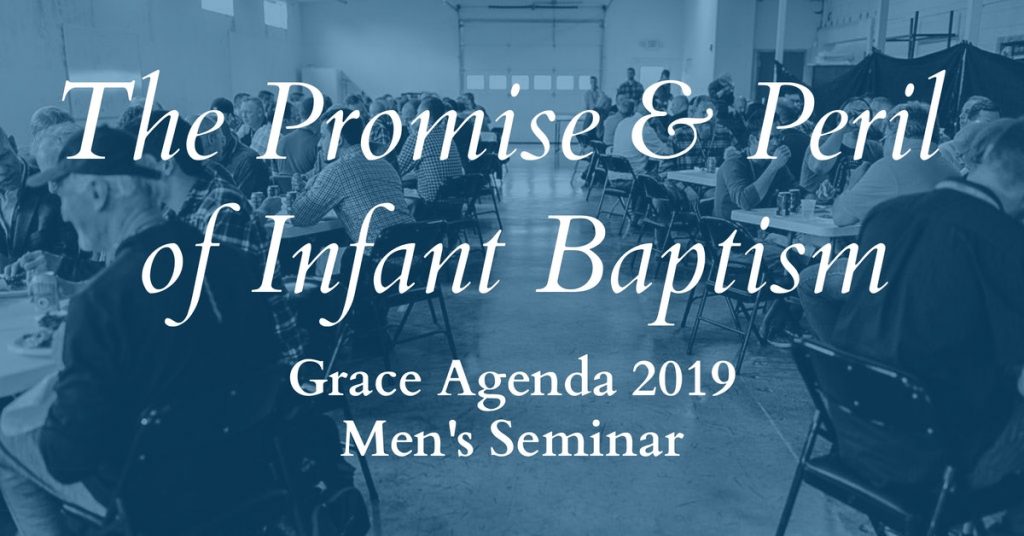At thy right hand there are pleasures for evermore (Ps. 16: 11)
Bread of deceit is sweet to a man; But afterwards his mouth shall be filled with gravel (Prov. 20:17).
The Bible teaches us that sin is fun. But Scripture also teaches us that we must learn how to look down the street and around the corner. Sin has long term consequences, and those are no fun at all.
Those given over to folly are therefore, by definition, short term thinkers. Those who are in pursuit of wisdom have learned to think things out for a few more steps than that. They are long term thinkers. When it comes to a broad understanding of the moral universe we live in, we can generalize in this way. Sweetness now and gravel later, or gravel now and sweetness later.
Sometimes the godly make the mistake of maintaining that sin is never fun, not now, not ever. But this is contrary to Scripture and common sense both. In this verse, we see that there is a real kick in pulling off a successful deception. It is “sweet to a man.” But we are also told to look at the video, not just the snapshot. The gravel is coming.
The sweetness is compared to bread in the mouth. The contrast is to a mouth full of gravel, and no milk to get it down. The unpleasantness of the long term consequences far surpasses the pleasantness of the original lie. But make no mistake—the lie was sweet for a time.
We can see this in many areas. Just because something is bad and wrong does not make it unattractive. The devil showed Jesus all the kingdoms of men, and their glory. If sin were wholly repulsive, there would be no temptation.
Picture it this way. A mother is standing at a supermarket check-out line with her soon to be adolescent son. There, at right about his eye level, is a magazine that is displaying more of a woman than ought to be displayed, but the family friendly line was too long. And so, after they are out in the parking lot, she reminds her son how awful that looked, and how detestable sin is. She is right about the second part, but not about the first. And her son starts to wonder. “Why is my mother telling me falsehoods?”
Bait looks good. If it didn’t look good, it wouldn’t work as bait. If we learn the lesson that all evil looks like evil, we are setting ourselves up for some grave disappointments.

